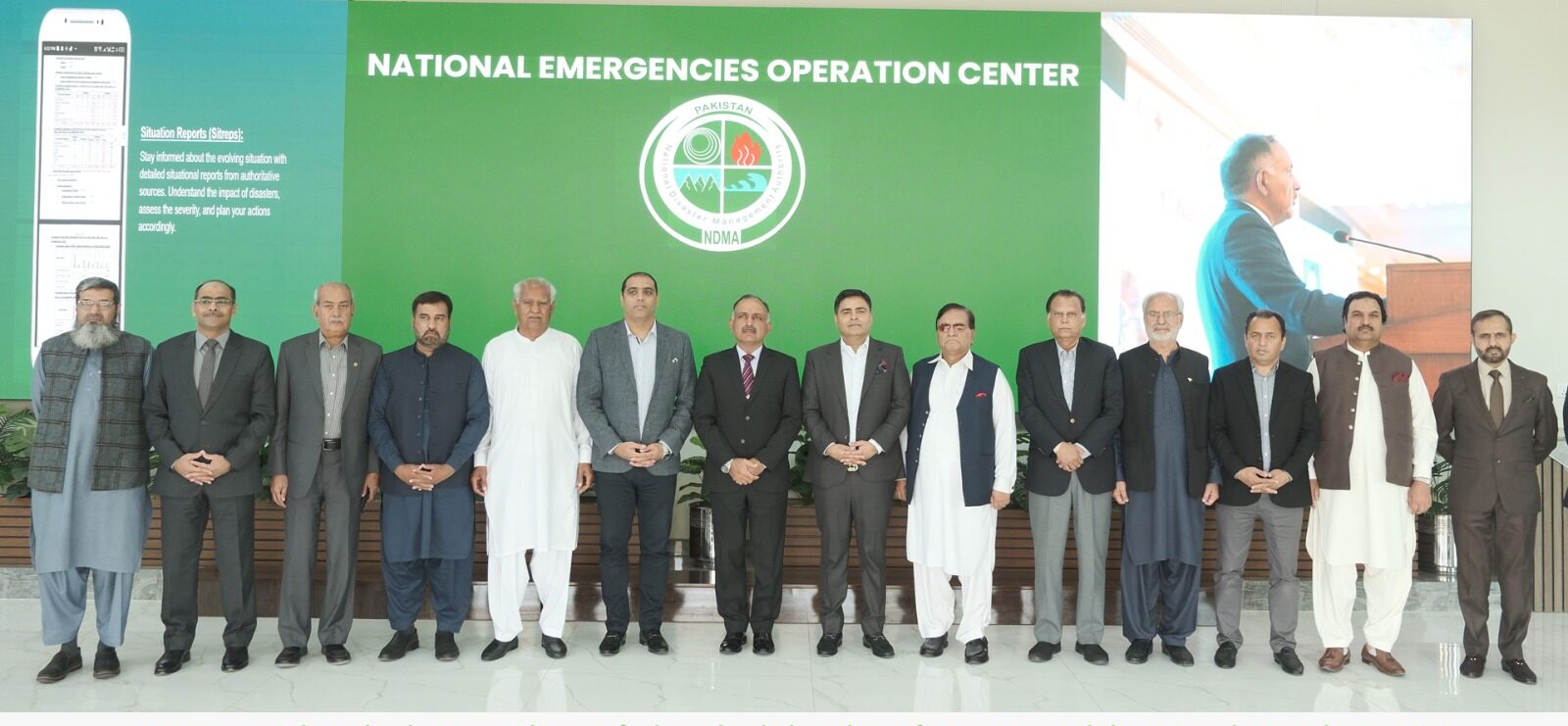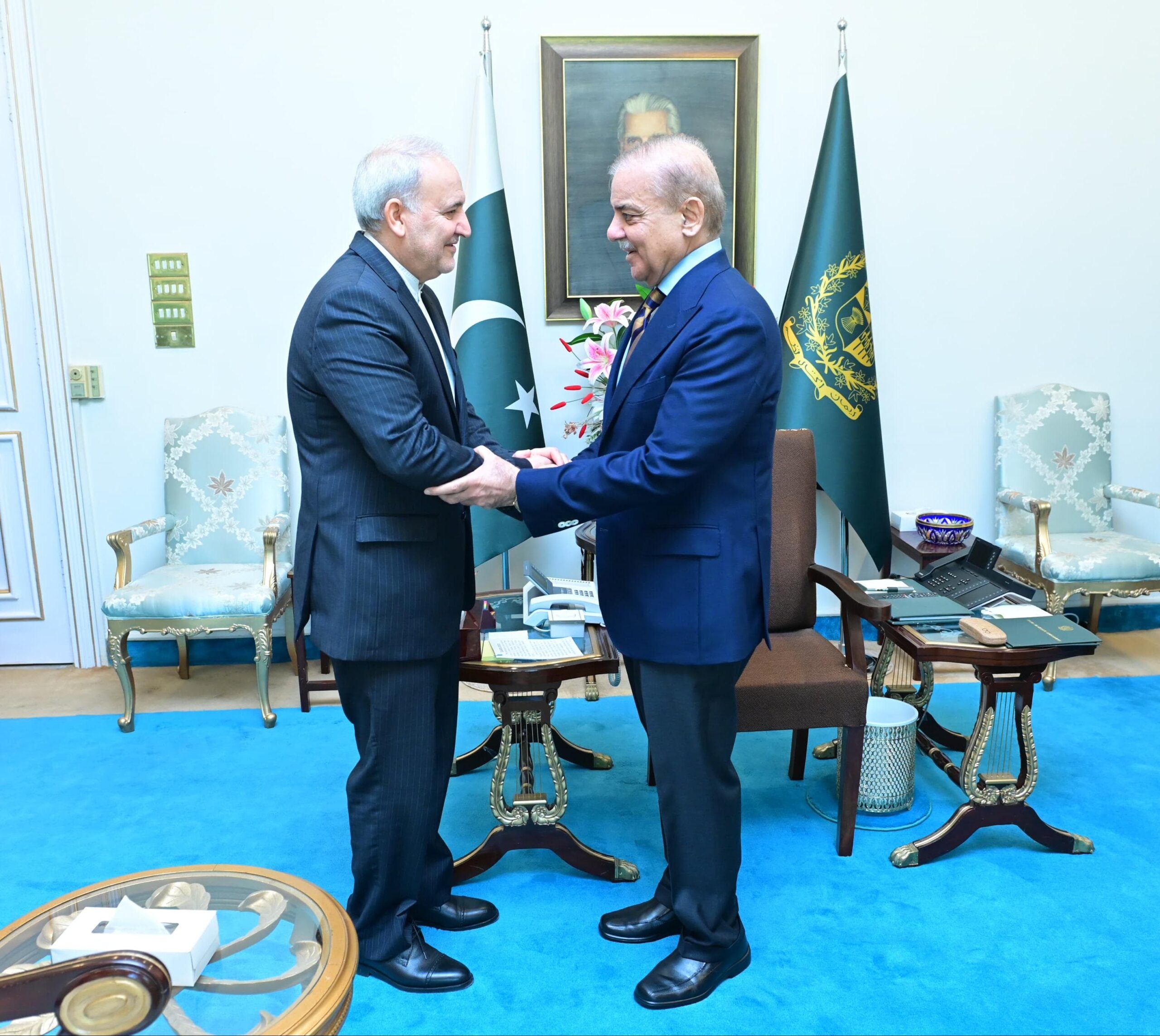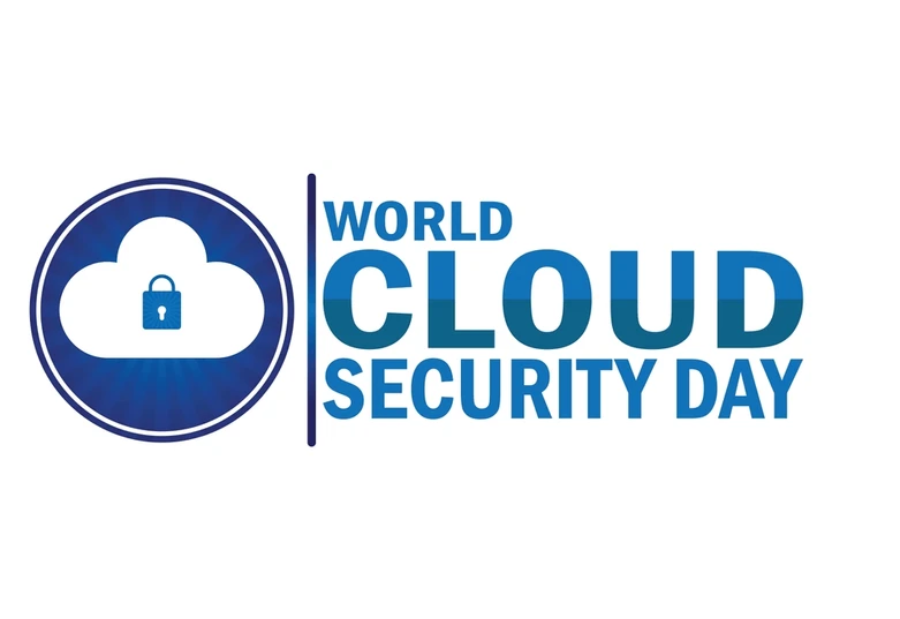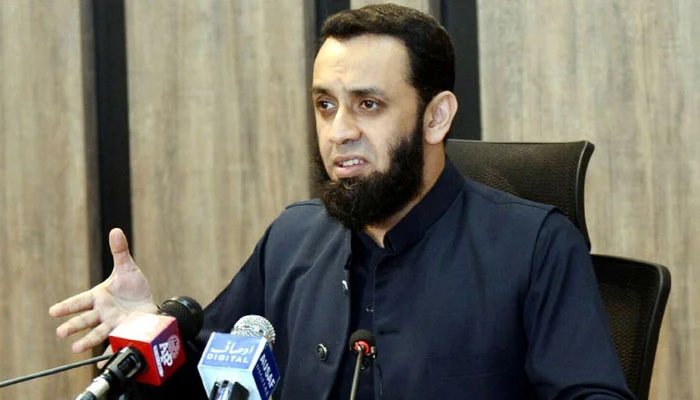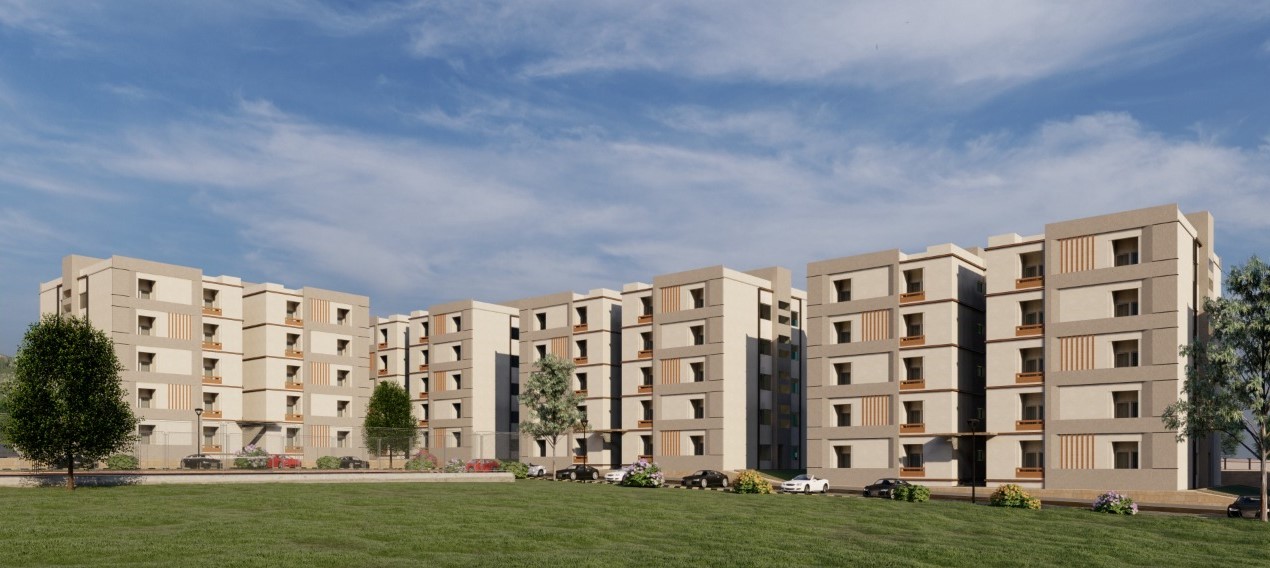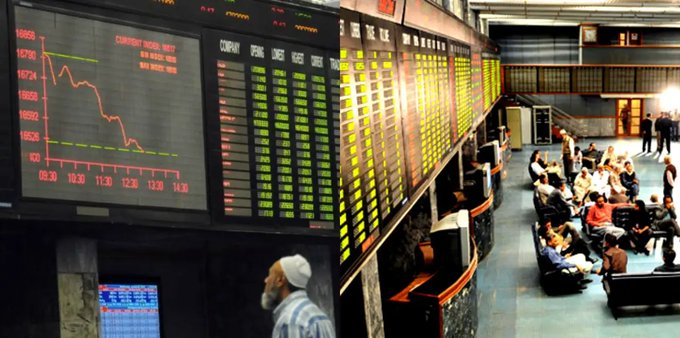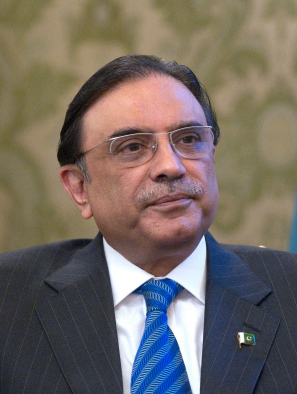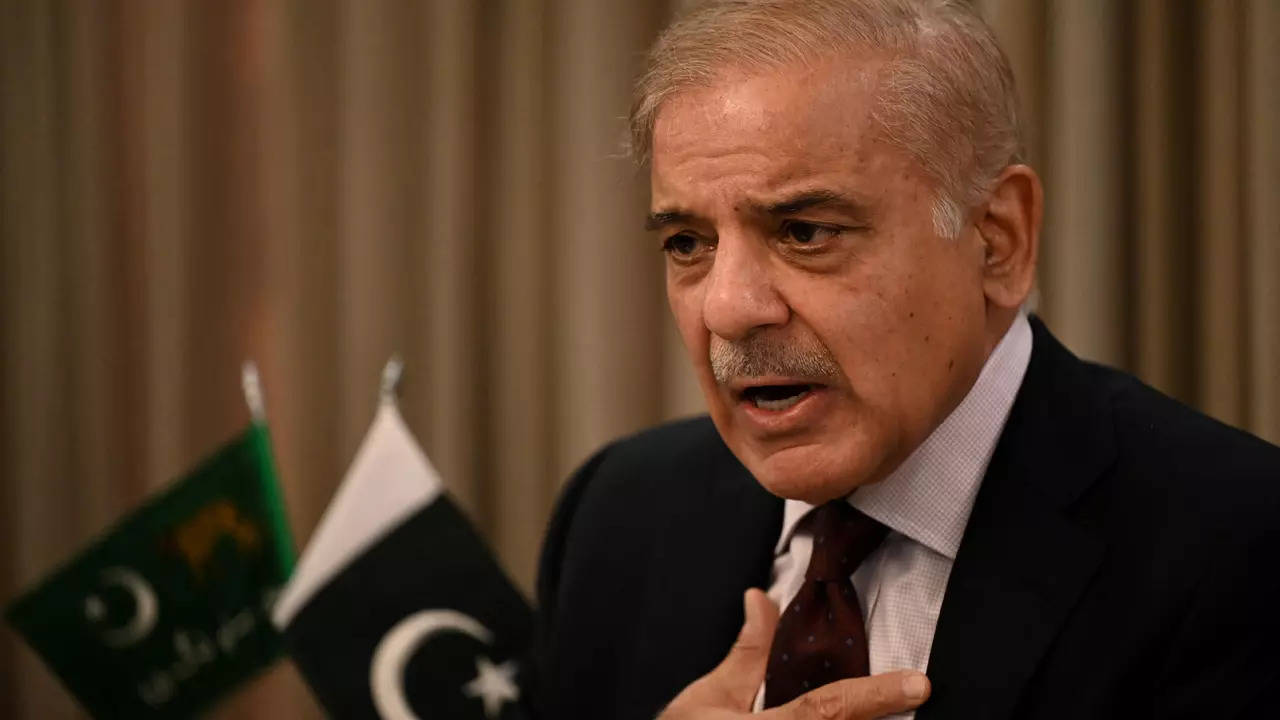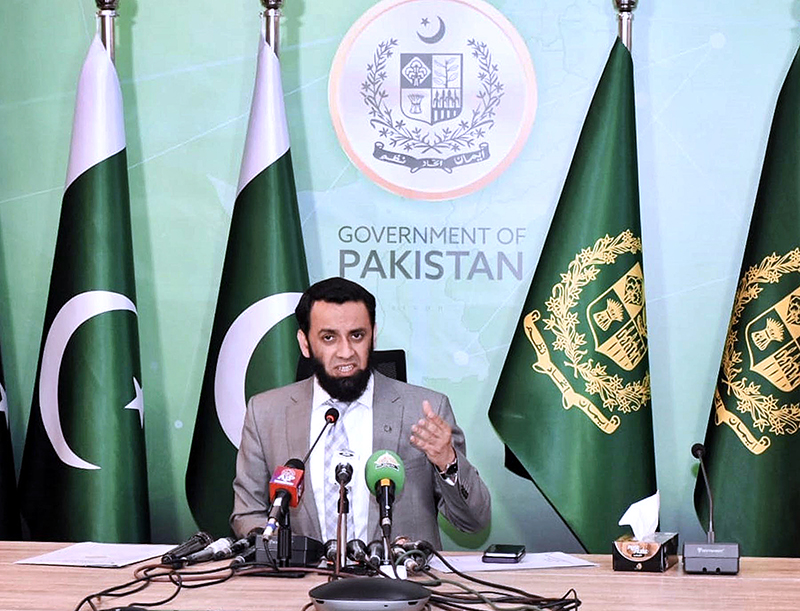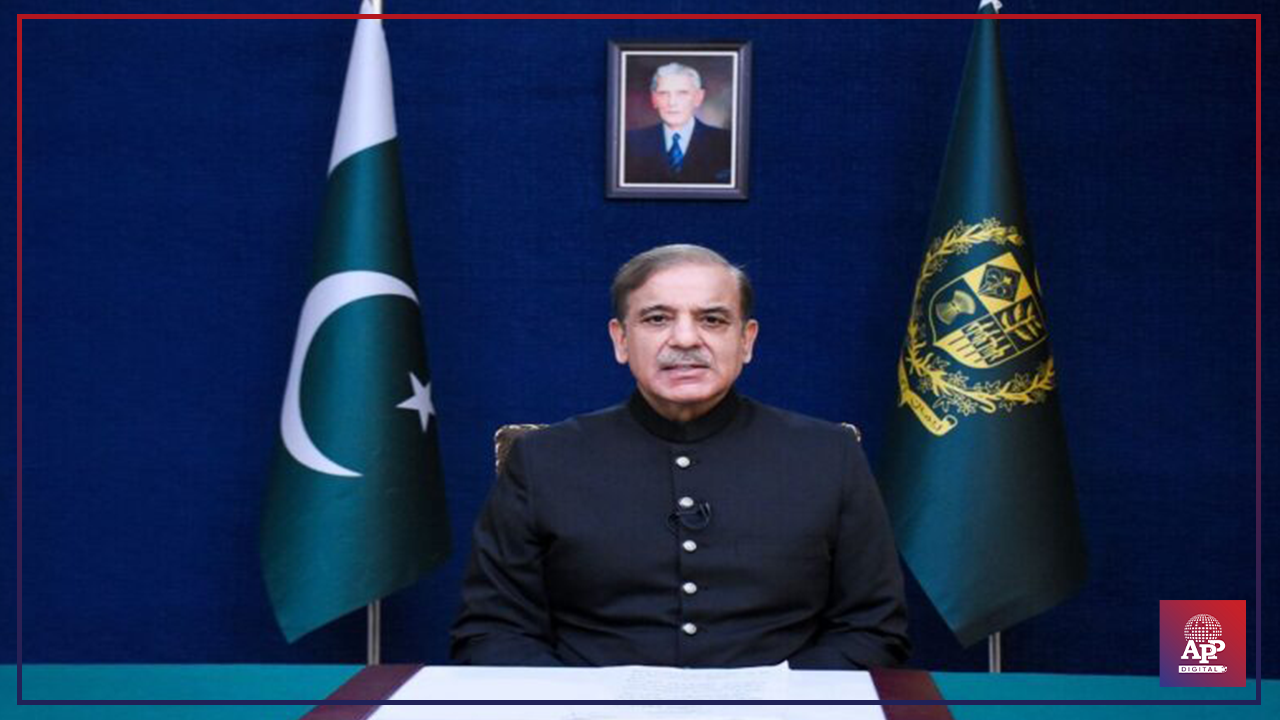ISLAMABAD, Mar 30 (APP): The concept of carbon trading is not just a buzzword in the global environmental discourse; it is a critical mechanism for countries like Pakistan to address the challenges posed by climate change while sustaining economic growth.
A training workshop on understanding carbon market mechanisms, held in collaboration with the Embassy of Denmark and the Sustainable Development Policy Institute (SDPI), signifies a pivotal step towards integrating Pakistan into the global carbon economy.
Dr. Abid Qaiyum Suleri, Executive Director SDPI, emphasized the novelty of carbon marketing within Pakistan’s climate change dialogue. The unsuccessful attempt to implement a carbon tax in 2010 and ongoing negotiations with the International Monetary Fund (IMF) highlight the complexities and the urgent need for effective policy instruments in this domain.
The primary goal of carbon trading is to incentivize the reduction of greenhouse gas emissions, thereby mitigating the impact of carbon dioxide on the environment. Dr. Suleri poignantly noted that our very existence, ecology, food security, and livelihoods hinge on our collective efforts to preserve the environment. The transition to renewable energy, while technologically feasible, faces significant hurdles in terms of infrastructure development, necessitating a phased approach.
The United States’ implementation of an emissions trading system, with its cap-and-trade policies, serves as an illustrative model. It sets a precedent for establishing emission quotas and allows industries with surplus allowances to sell them, creating a market-driven approach to environmental conservation.
Pakistan’s journey towards establishing a robust carbon market is underway, with policies under review and discussions at the Climate Change Council. The private sector’s existing mechanisms provide a foundation upon which to build. The integration of such market-based approaches into Pakistan’s policy framework can catalyze sustainable development, ensuring that the nation’s exports remain competitive in the face of the European Union’s Carbon Border Adjustment Mechanism (CBAM).
Member National Assembly and founding chair of the Parliamentary Climate Change Caucus, Former Convener SDGs Taskforce, and SAPM, Romina Khurshid Alam presented participation certificates and appreciated for taking up a much-needed initiative in a convincing manner. She said the country is facing serious climate catastrophes that have been triggered due to global GHG emissions leading to a climate crisis. The nation needs to keep itself abreast of the modern trends in carbon trading and markets so that it can both mitigate its carbon emissions and support its adaptation endeavors. She added that the agenda of SGDs and climate change is vital for the macro-economic as well as sociopolitical stability of the country.
Muhammad Fawad Hayat, Deputy General Manager of the National Disaster Risk Management Fund (NDRMF), highlights the critical role of carbon markets as a mechanism to mitigate emissions. Carbon credits, which represent a ton of carbon dioxide, can be multiplied to account for methane—a gas 21 times more potent than CO2 in terms of global warming potential. With Pakistan ranking as the seventh-largest methane producer, the country’s GHG emissions profile is more significant than it appears.
The urgency to address these environmental challenges is evident. Pakistan has set nationally determined contributions (NDCs) targets under the UNFCCC’s Conference of the Parties platform, aiming for various sector-based goals by 2023. However, Hayat points out that without correcting current practices, Pakistan risks failing to meet these targets and sustaining its development trajectory. The solution may lie in the carbon market mechanism. By participating in carbon trading, Pakistan can not only contribute to global emission reduction efforts but also unlock financial benefits. This mechanism can generate revenue, improve the fiscal situation, and ultimately help protect the country’s environment and citizens.
Ubaid ur Rehman Zia, Senior Research Associate, SDPI presented a need assessment before the participants. He underscored that social media platforms had emerged as new forums to influence policy decisions and guide public opinion which could be utilized positively in the realm of creating awareness of the carbon market and trading mechanisms.
مضمون کا ماخذ : کمپیوٹر لاٹری لائیو
